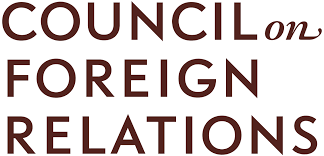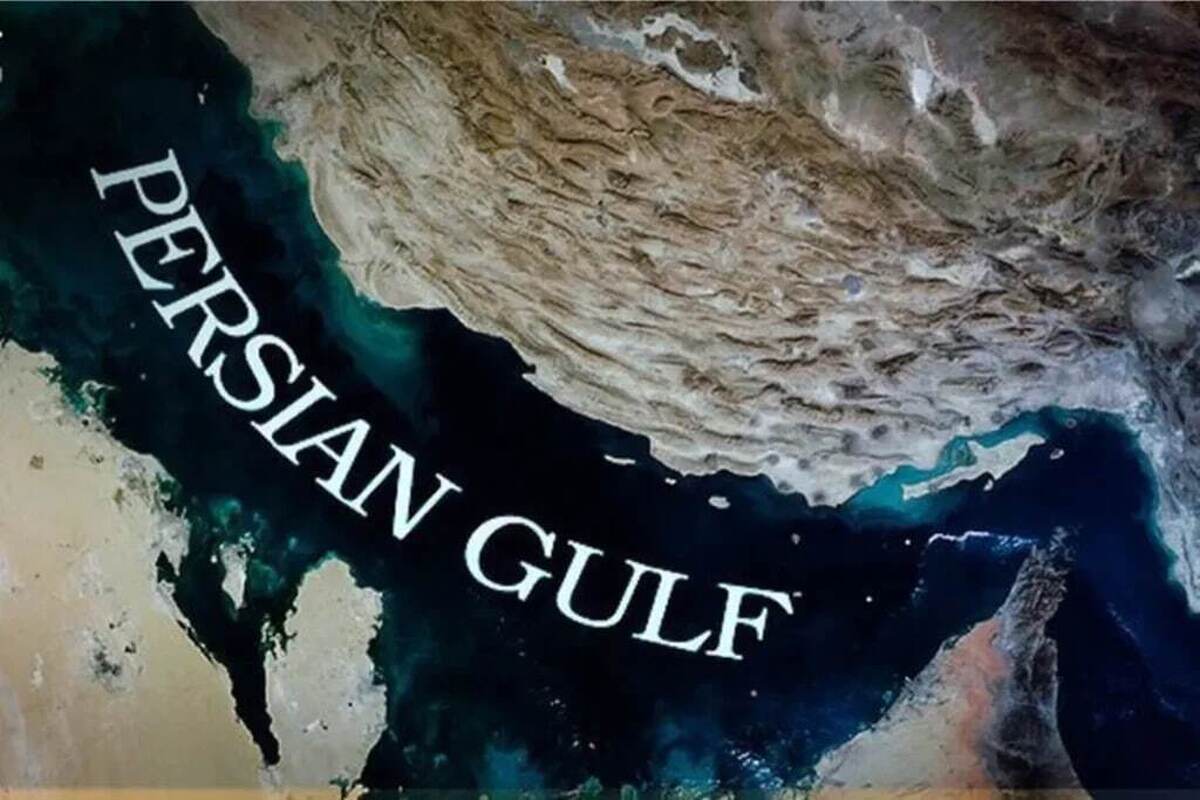
Rouhani Punctures Hope for Iran-U.S. Thaw - By Ray Takeyh, CFR Expert
There was much anticipation, even hope, as Iranian President Hassan Rouhani arrived in New York for this year’s UN General Assembly meeting. The recent attack on Saudi oil installations, which the United States and its allies blame on Iran, unsettled everyone, and spurred diplomatic efforts to avert war. Perhaps the most active on this front was French President Emmanuel Macron, who conducted his own version of shuttle diplomacy by trying to broker a meeting between Rouhani and U.S. President Donald J. Trump. Rouhani’s truculent UN address, however, should put an end to speculation about such a meeting.
No Sanctions Relief, No Talks
Rouhani began his address by squashing all talk of a presidential summit and insisted that Iran will only agree to talks with the United States if it lifts the sanctions it imposed after its abrogation of the Iran nuclear agreement. “We cannot believe the invitation to negotiations of people who claimed to have applied the harshest sanctions against the dignity and prosperity of our nation,” Rouhani told the assembled leaders. While Rouhani last month dangled the possibility of a presidential meeting, his UN remarks reinforced a familiar stance: easing sanctions is the indispensable precondition to any talks with Washington.
Rouhani then followed with an oft-repeated message about how to stabilize the Persian Gulf region. Namely, he said, U.S. forces should depart and regional countries will be responsible for the security of strategic waterways. Given Iran’s size and strength, this would essentially ensure its hegemony over this critical region. Rouhani’s twist to this old story is to call the regional arrangement a “coalition of hope,” which appears to be a counter to the U.S.-announced regional coalition against Iranian aggression. The details are to be spelled out later but the proposal is a nonstarter. The United States is not about to leave the region.
Rouhani’s harshest accusations were leveled against Saudi Arabia. He continued to allege that the attacks on the Saudi oil facilities were solely the work of Houthi rebels in Yemen. That is not a novel position. And as compliant proxies, the Houthis have actually taken responsibility for the attack. What was new in this speech was that Rouhani appeared to justify this act of terrorism. Referring to the Saudi coalition in Yemen, Rouhani said, “the warmonger should be searched and punished, rather than leveling allegations and accusations against the innocent.” Given his remarks, Saudi Arabia presumably will not be asked to join the coalition of hope patrolling the Gulf waters.
The Nuclear Option
As for fading nuclear diplomacy, Rouhani’s advisors in the past have floated the idea that Iran will agree to adhere permanently to the additional protocol of the Nuclear Nonproliferation Treaty in exchange for the permanent lifting of U.S. sanctions. But this idea has not gained traction since it does nothing to slow down the pace of Iran’s nuclear program.
In essence, Rouhani’s speech was aimed not at the United States but instead at Europe, where countries have been especially eager to avoid conflict in the Gulf. Through incremental escalation in the Gulf and bluster at the United Nations, Rouhani hopes to persuade the Europeans to extend lines of credit to Iran and purchase its oil in defiance of U.S. sanctions. This is a risky strategy because it means gradually increasing tensions in the hope of extracting concessions from Europe. That is the real “coalition of hope” Rouhani was hinting at.
Source: CFR.ORG



